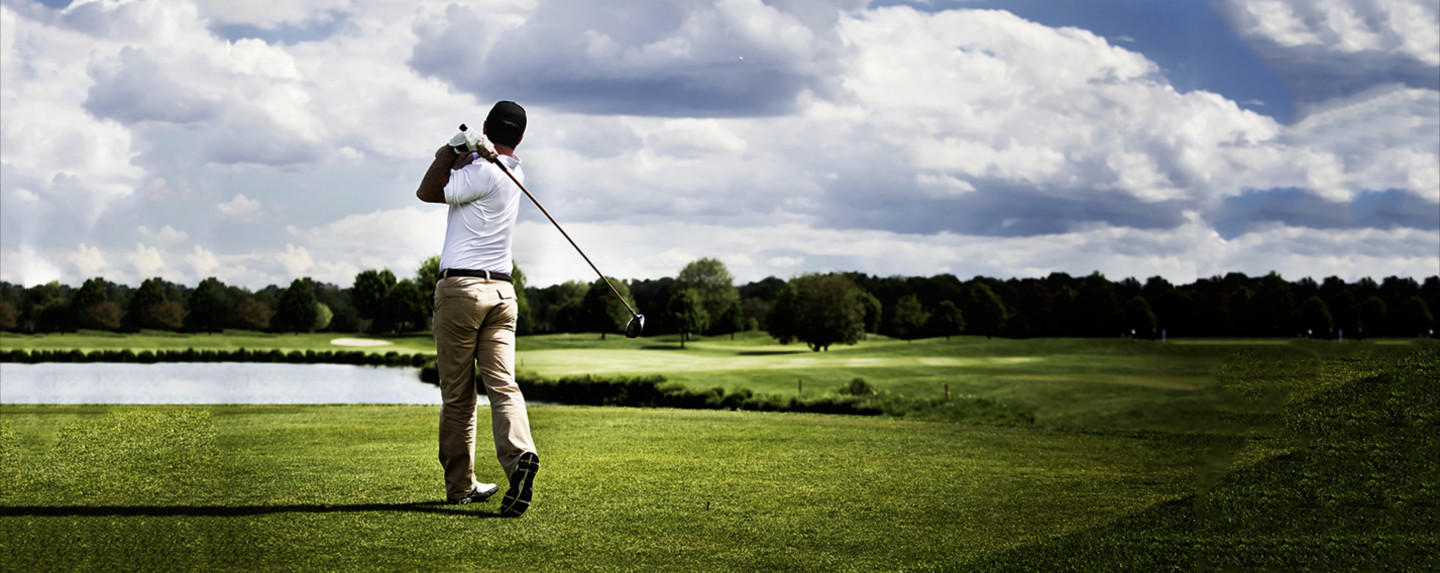Want to get back to golf without worrying about re-injury?
There are an infinite number of swing styles, but there is one efficient way for every player to swing and it is based on what the player can physically do.
The most efficient swing is not the same for every golfer, because efficiency is unique to their body.
Understand how your body’s limitations can influence your golf swing and how to address those limitations through the proper channels; whether it’s through swing instruction, physical rehabilitation or strength and conditioning exercise. We will spend time teaching you why your swing may be inefficient and how to optimize it with less effort with specialized methods from level 2 medical professional certification through Titleist Performance Institute (TPI). https://www.mytpi.com/experts/damisiura
What are some common types of golf injuries?
At Central Park Physical Therapy, we can help you find relief for any injury you may be experiencing. Some common types of sports injuries include:
Back Pain.
Back pain is the most common symptom from the amateur golfer. It is typically caused by early extension during the downswing and other improper swing mechanics.
Neck Pain.
Neck pain is one of the most common golf injuries that keep golfers out of the game for good. Although your head (should) stay still when you swing, your body rotates relative to your head, so proper cervical mobility is crucial for a good swing.
Wrist Pain.
Wrist pain along with neck pain is another leading injury that keeps golfers off the course. Learn how your swing may be contributing to straining your wrist and what you can do to fix it!
Golfer’s elbow.
This condition is used to describe an overuse golf injury that causes muscle inflammation inside the elbow. This injury runs from the bony point of your elbow and can stretch down your forearm, making it difficult to extend or lift your arm. Golfer’s elbow can make it difficult to perform gripping, throwing, or swinging motions.
Rotator cuff.
Rotator cuff strains and tears can occur from either acute or overuse causes. For example, partaking in repetitive dysfunctional swinging motions, such as those associated with golf, can all result in rotator cuff tears. A proper powerful golf swing actually uses very little energy from your shoulders.
What can I do to help my golf injury?
When a golf injury occurs, it typically develops due to one of the following causes:
- Lack of mobility
- Poor Mechanics
- Inability to separate upper and lower body motions
- Poor kinematic sequencing and motor control
- Poor segmental stabilization
- Inadequate stability
Our TPI certified New York physical therapists can help improve your swing and performance so you can fix your faults and play your best game! We will do this through:
- TPI Performance Screen
- Identifying swing faults
- Improving your mobility
- Scoring your golf fitness strengths and weaknesses
- Measuring strength, flexibility, balance, rotation, etc
- Assessing your body’s response to treatments
- Teaching the proper swing mechanics for your body
- Make your swing more efficient and more powerful with less effort
- Improve your coordination and sequencing
Find relief for your Golf Injuries today!
Do you want to find relief for your golf injury and improve your game? Contact our New York physical therapy office today to get started! Central Park Physical Therapy can help you get to your peak level of physical performance so you can play your sport free of pain!

